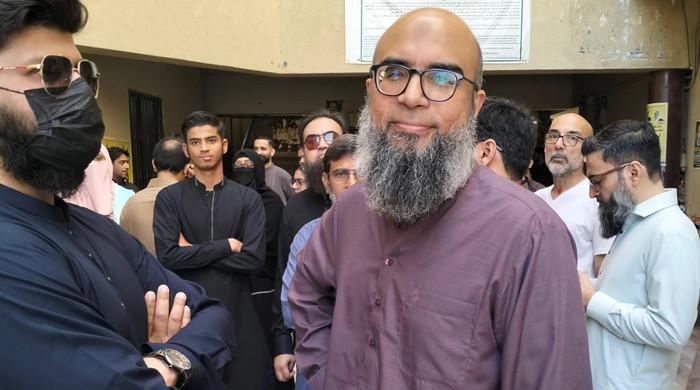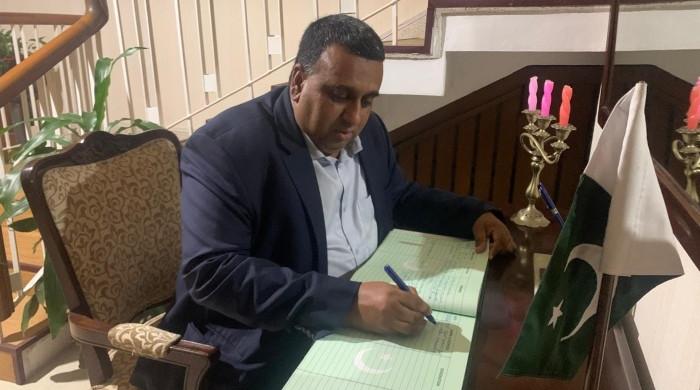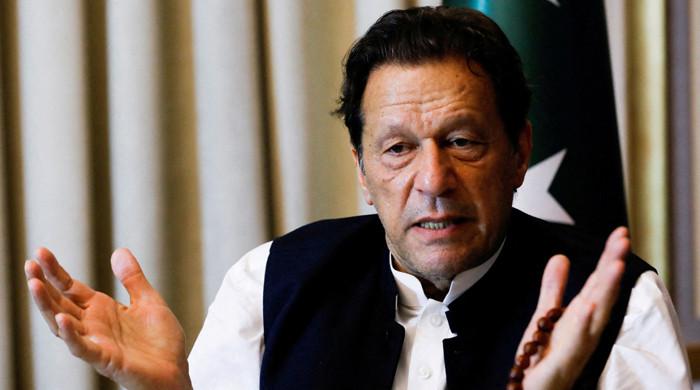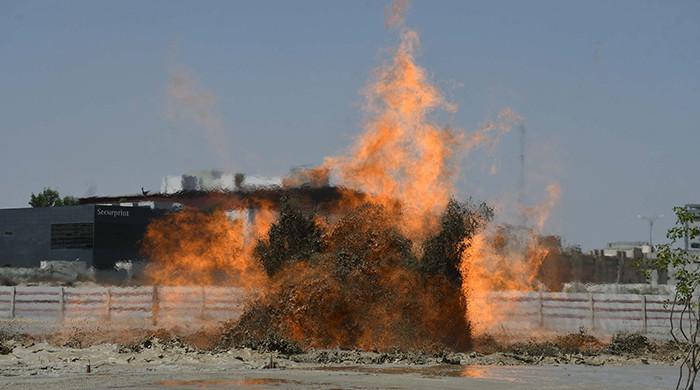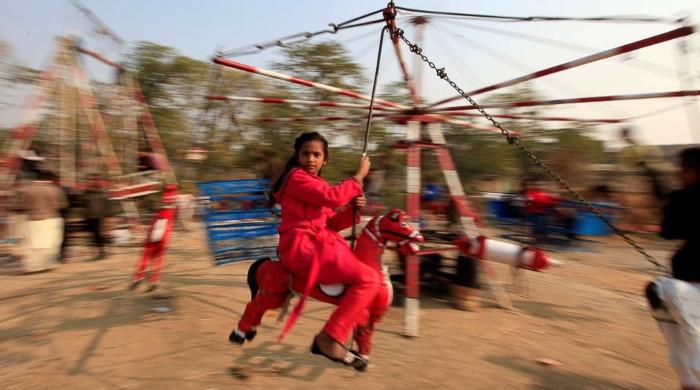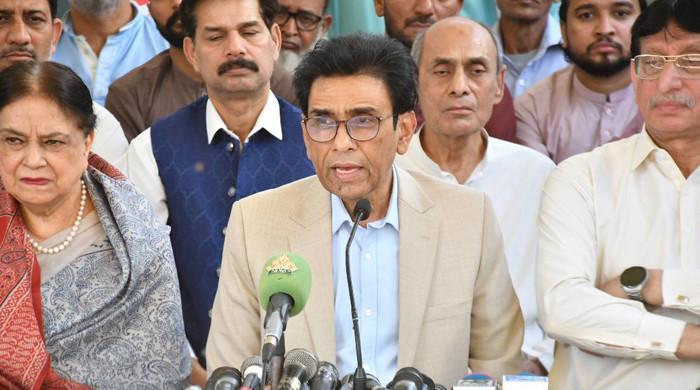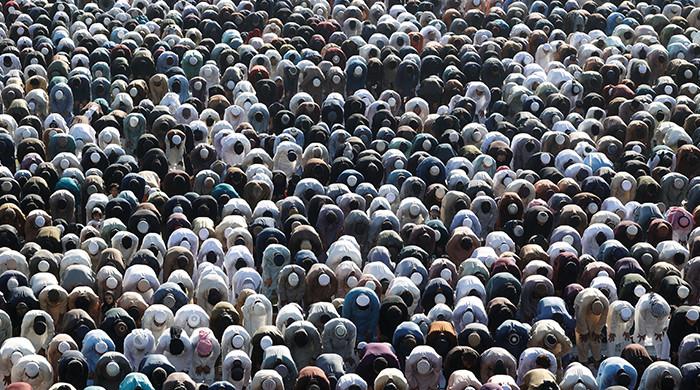Disinformation, hate rampant on social media during Feb 8 election: report
“The electoral integrity upheld by social media platforms is crucial to maintaining democratic norms, as evidenced this year," says Nighat Dad
December 20, 2024
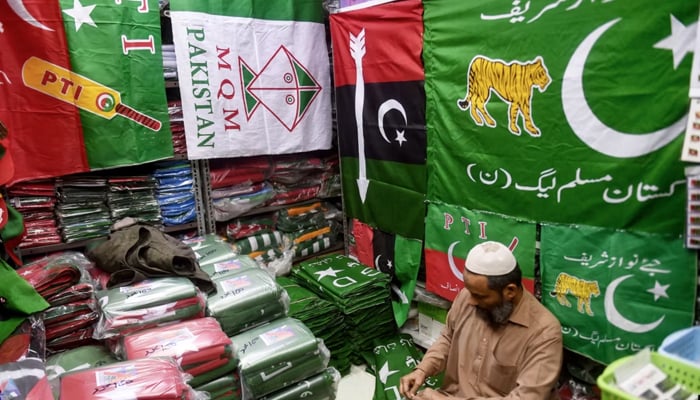
ISLAMABAD: Disinformation and harmful content were rampant on social media platforms during the 2024 general elections in the country, with inconsistent content moderation enforcement.
This is the main takeaway from the Digital Rights Foundation’s (DRF) latest report, ‘Platforms At The Polls: Disinformation, Political Ads & Accountability During The 2024 Pakistan General Elections’.
Focusing on TikTok, Facebook/Instagram, YouTube, and X (formerly Twitter), the report notes a significant disparity in the platforms’ approaches to content violations in Pakistan, when compared to places in the Global North.
Around the 2024 elections, there was a deluge of harmful content on major social media platforms, with a rise in technology-facilitated gender-based violence (TFGBV) and deepfake visuals being used against women in the public sphere such as journalists and politicians.
The DRF analysed 225 posts by users from November 2023 to March 2024 across different platforms. Of these posts, 163 fell under the category of gendered disinformation, with the rest under broader disinformation, misinformation, fake news, Generative AI and hate speech.
The PML-N faced the largest number of gendered disinformation posts (76), which primarily targeted Maryam Nawaz, followed by the PTI with 61, and the PPP with 19. At least, 47 posts targeted journalists covering the elections, subjecting them to gendered insults and online trolling campaigns which included online threats of physical assault. Also among the victims were ethnic, indigenous and transgender communities (13 posts).
According to the report, though these social media platforms list comprehensive policies regarding electoral information integrity on their websites, their readiness concerning content moderation around elections in Pakistan and other South Asian countries has not been sufficient. Given that social media platforms have clear, wide-ranging and overarching policies and community guidelines, this inability to tackle or control material that violates those guidelines and policies is deeply concerning.
For instance, most platforms needed to be more transparent regarding money spent on political advertisements around the 2024 General Elections. The DRF has found that major political parties spent a collective Rs54 million -- or $190,000 -- on running ads for their political campaigns on Facebook and Instagram.
The largest spender was the Pakistan Tehreek-e-Insaf (PTI), with Rs25 million, followed by the Istehkam-e-Pakistan Party (IPP) at Rs13 million, Jamaat-e-Islami (JI) at Rs6 million, Pakistan People’s Party (PPP) at Rs5 million, and Pakistan Muslim League-N (PML-N) at Rs0.79 million. It is worth noting that only Meta (Facebook, Instagram) was transparent about the amount political parties, or accounts supportive of them, had spent on the elections. No other social media platform offered any details regarding ad expenditures by political parties.
According to DRF Executive Director Nighat Dad: “The electoral integrity upheld by social media platforms is crucial to maintaining democratic norms, as evidenced this year. However, we have also witnessed serious offline consequences when these platforms are not fully equipped to tackle the spread of disinformation, particularly when they fail to address election-related information manipulation in a timely and effective manner.”
To tackle disinformation and gender-based violence during elections and other political or social events, tech companies must uphold information integrity to ensure consistent fair election practices across the globe, especially in the global majority.




